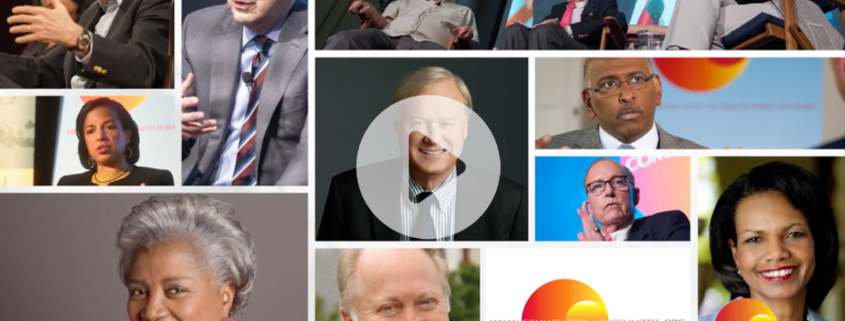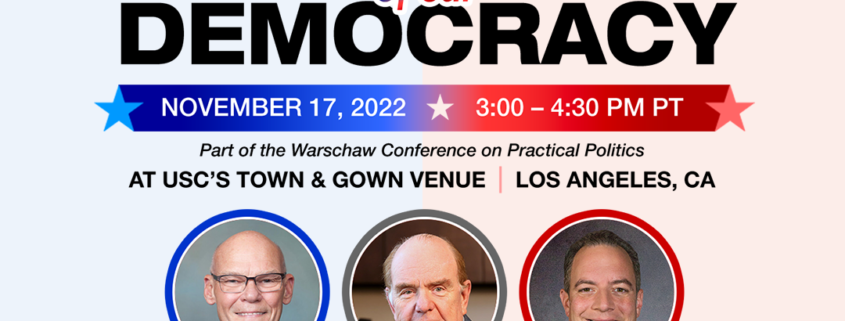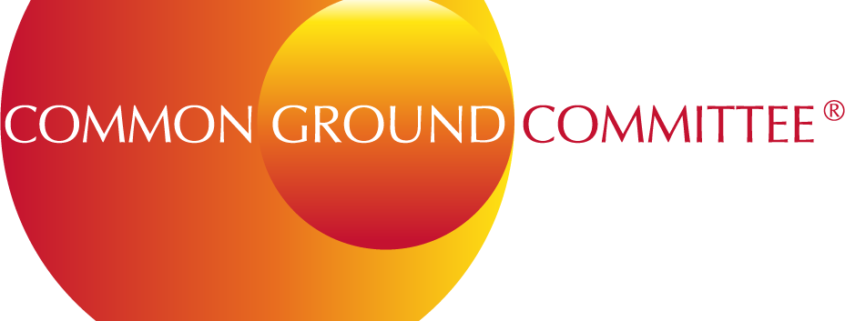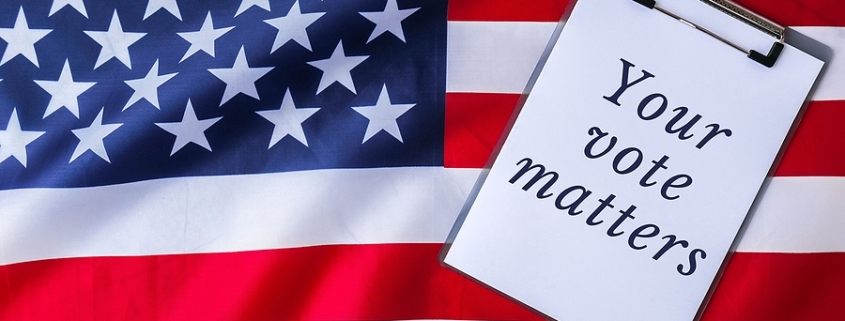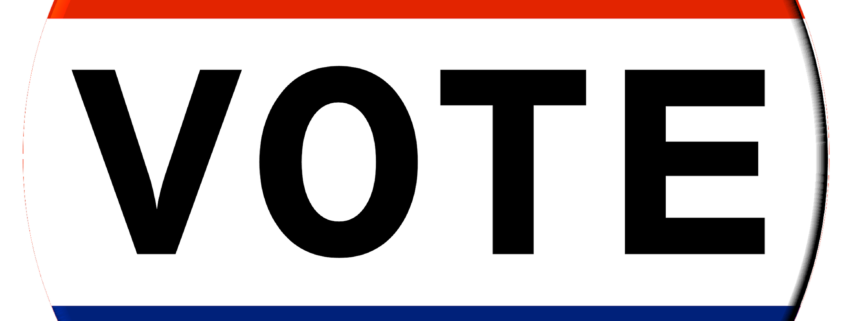The Evolution of Corporate Social Responsibility
This is the second in a three-part series on the rise of corporate civic engagement, an increasingly important component of good governance for an evolving business community and an evolving nation. Part 1 explained the importance of corporate civic engagement.
In its early days, corporate social responsibility (CSR) involved promoting economic growth, business ethics, and supporting the community. But as corporate leaders put those ideas into practice, they developed strategies that benefit both the brand and society, often related to philanthropy and environmentalism. The Harvard Business School identified some CSR exemplars:
-
Lego has worked toward sustainability by reducing the size of packaging and introducing environmentally friendly materials.
-
Salesforce created a “1-1-1” philanthropic model in which it donates 1% of its product, 1% of equity, and 1% of employees’ time to nonprofits and communities.
-
Ben & Jerry’s has made driving social change as important as profit.
-
Levi Strauss has changed the supply chain model by embracing workers’ rights and protecting the environment.
-
Starbucks made ethical sourcing of its products a key feature of its business.
While the corporate world has embraced practices like these, it has been slower to make civic engagement part of the business model – but there are leaders trying to show the path forward.
Business for America was founded by Sarah Bonk, who left her senior position at Apple to create a coalition of corporations and business leaders who want to create a healthier democracy by promoting civic engagement. BFA, which is both nonprofit and nonpartisan, argues CCR is critical in order to make CSR possible:
But purpose-driven companies cannot achieve their goals when our government fails to deliver policy solutions. Even policies supported by a large majority of Americans fail in this era of extreme political polarization, institutional distrust, and gridlock. The potential for the business community to provide a leadership role in addressing the root causes of these obstacles has been mostly overlooked — until now.
Many corporations have adopted some CCR practices, such as providing employees with time off to vote and voter education materials or backing pro-democracy political reforms, demonstrating a shift from shareholder capitalism toward stakeholder capitalism
“Today, with stakeholder capitalism, people have talked about the multiplicity of audiences that every single corporation or company serves,” says Davia Temin, a risk, reputation, and crisis management consultant. “That’s not just the investors. It’s the employees. It’s vendors. It’s potential employees. It’s the community. It’s the bigger issues… This makes companies need to sit back and evaluate … who am I? What do I stand for? What are my goals? Are these the noble goals that I have promised to people? How do I make money while at the same time holding on to these?”
And more and more often, these stakeholders are demanding that corporations take a position on a divisive issue or become more engaged in civic life. “We have companies being called up by all of their constituents to say something, do something, stand for something,” Temin says.
But until companies figure out their personalities, taking action can be difficult because values may be at odds with revenues. They are going to be compelled to make decisions about their priorities. As Temin put it, “We’re talking about the politicization of corporate America.”
With that in mind, the following are examples of how some of the biggest corporations in the United States have been drawn into political disputes, not always with a clear strategy in place.
Delta, Coca-Cola, and Voting Rights
The role of corporations in advocating for social issues returned to the forefront in 2021, as Republican state legislators across the country began introducing bills to tighten election laws. In states under Republican control, many of these bills became law. According to the liberal Brennan Center for Justice at New York University, 19 states enacted 34 laws designed to make it harder to vote in wake of Donald Trump’s loss in 2020 and subsequent, unsubstantiated claims of voter fraud.
No state drew more attention to its new election law than Georgia.
While the law guaranteed 17 days of early voting, most of its other provisions make it harder to vote. The state enhanced the requirements for voting by absentee ballot, limited the availability of drop boxes, prohibited the distribution of food or water to people standing in line to vote and gave more authority to the General Assembly at the expense of the secretary of state. Opponents of the law claim it’s a direct attack on the voting rights of minorities in the state after Joe Biden became the first Democrat to carry Georgia since Jimmy Carter and Democratic candidates won both of the state’s Senate seats.
After the bill was passed, two of Georgia’s biggest employers, Delta Air Lines and Coca-Cola, expressed their opposition to the new law.
Delta CEO Ed Bastien:
I need to make it crystal clear that the final bill is unacceptable and does not match Delta’s values.
The right to vote is sacred. It is fundamental to our democracy and those rights not only need to be protected but easily facilitated in a safe and secure manner.
After having time to now fully understand all that is in the bill, coupled with discussions with leaders and employees in the Black community, it’s evident that the bill includes provisions that will make it harder for many underrepresented voters, particularly Black voters, to exercise their constitutional right to elect their representatives. That is wrong.
Coca-Cola CEO James Quincey:
We want to be crystal clear and state unambiguously that we are disappointed in the outcome of the Georgia voting legislation. … We all have a duty to protect everyone’s right to vote, and we will continue to stand up for what is right in Georgia and across the U.S.
Notably, both statements were issued after the bill was passed, rather than prior to enactment, when the companies may have had an impact on the legislation. And they came after harsh criticism from more than 70 Black business leaders who opposed the legislation. And that was followed by an ad campaign featuring hundreds of companies expressing general support for voting rights without opposing any specific legislation.
The companies’ criticism soon turned partisan as Republican leaders, including President Donald Trump, called for a boycott of the businesses, Senate Minority Leader Mitch McConnell told corporations to “stay out of politics” and others blasted them as “woke.” Some Republican leaders in Georgia even called for increasing taxes on Delta and banning Coca-Cola products from state government offices.
The Reversal of Roe v. Wade
Perhaps no single issue, other than the 2020 election, has inflamed the passions of Americans like abortion. When the Supreme Court overturned the landmark Roe v. Wade decision in 2022, ending federal protections for women seeking an abortion, the issue was left for the states to decide. Americans are deeply divided on the issue, citing health care arguments, religious beliefs, privacy rights, history, and more to claim the high ground in the debate.
And many corporations weighed in as well (some following the leak of the draft opinion that would largely reflect the final ruling), announcing benefits for employees seeking an abortion, including some that are based in Republican-controlled states. CNN Business compiled an initial list of corporate reactions:
-
Bumble said it would provide health care services and make donations to nonprofits that support reproductive rights.
-
Chobani added transportation benefits to its existing health care policy, to cover specialized care, including abortion.
-
Condé Nast said it will not only cover travel expenses for abortion services but also for infertility and gender reaffirmation.
-
Disney said it will provide coverage for people who need to travel. Meta announced plans to offer reimbursement for out-of-state travel, where permitted by law.
-
Dick’s Sporting Goods announced it will provide travel reimbursement.
-
Goldman Sachs said it was extended reimbursement for any medical procedures, treatments, and evaluation not available near an employee’s home.
-
Match Group already provides abortion benefits to its Texas employees and is considering expanding the coverage nationwide.
-
Microsoft expanded its health care support to include coverage for travel expenses for abortion services.
-
Starbucks (informed employees enrolled in the company’s health care plan that they will have access to a travel benefit for abortion services).
-
Warner Bros Discovery expanded benefits to cover out-of-state travel.
-
Zillow extended its coverage plan to include reimbursement for travel.
Some business affirmed their benefits packages already include covering travel expenses for out-of-state abortion services:
-
Accenture
-
Alaska Airlines
-
Apple
-
Comcast-NBC Universal
-
HP
-
HPE
-
Korger (includes fertility treatment)
-
JPMorgan Chase (expanded abortion coverage to include a travel benefit)
-
Levi Strauss
-
Netflix (which also announced plans to donate to organizations that support women like the Center for Reproductive Rights)
-
Nike
-
Uber (which also said it will also reimburse drivers sued for providing transportation to an abortion clinic)
-
Yelp
This list is by no means exhaustive and is not intended to demonstrate a partisan bias in Corporate America, but rather to show that – at least when it comes to abortion – some companies are willing to take a position regardless of the political repercussions and public perception that may follow.
A slight majority of Americans (51%) say they strongly or somewhat support brands speaking out about abortion access, with 34% somewhat or strongly opposed. However, just 41% support reimbursing employees for travel costs to obtain an out-of-state abortion, nearly the same 39% who oppose such policies. Just more than half (51%) support providing unspecified resources and assistance to employees affected by the Supreme Court decision (27% opposed).
The third installment in this series will offer resources for corporations looking to proactively develop civic engagement and social responsibility strategies.


